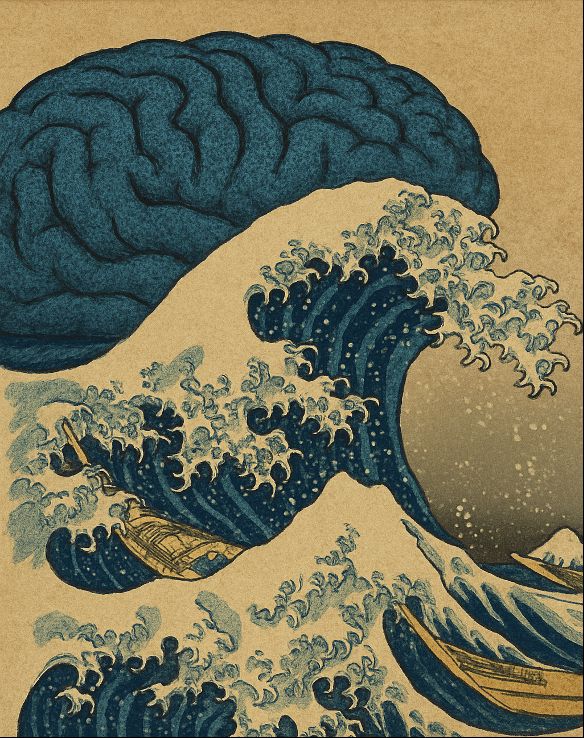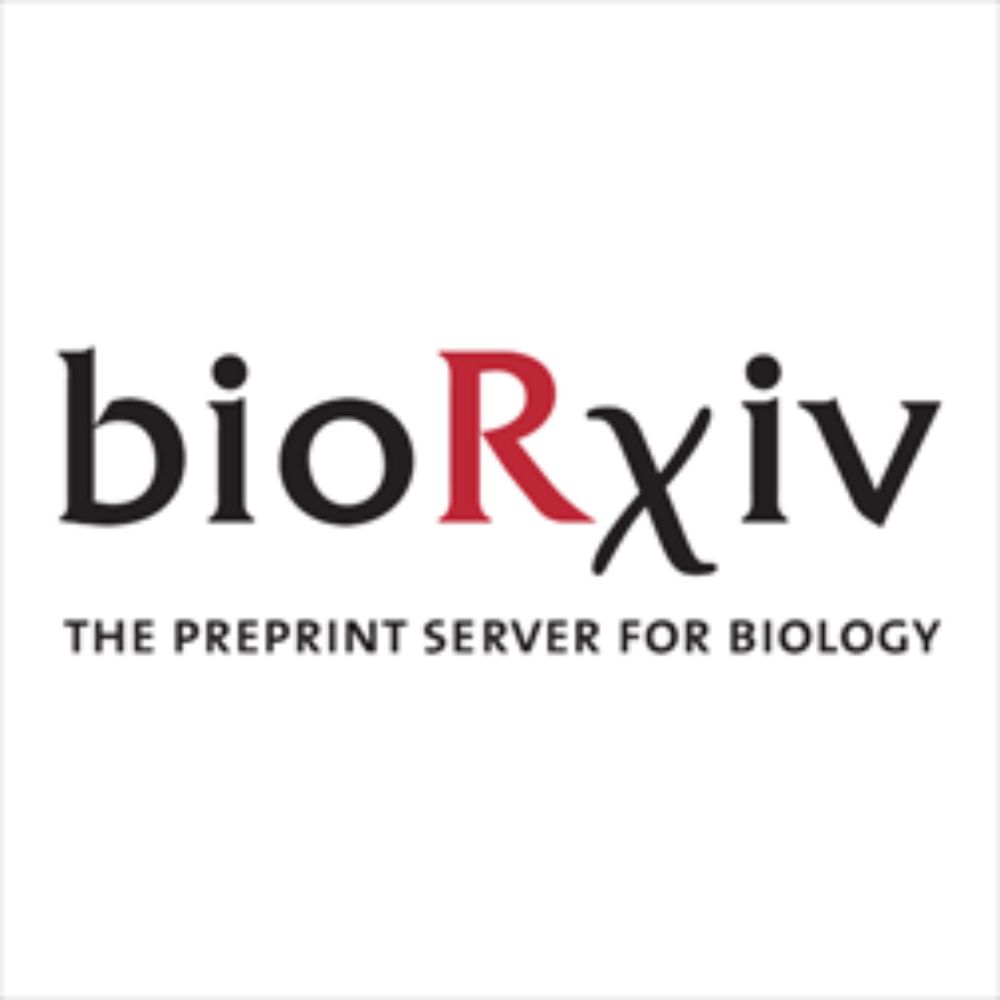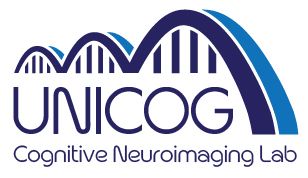
We study sleep, dreams, and cognition.
Our goal is to understand how and why we sleep, how and why we dream, in healthy volunteers and clinical populations.
www.nature.com/articles/s41...
Led by Pauline Dodet - @dreamteamicm.bsky.social
We show that #sleep stage mixing predicts poor prognosis in #Parkinson.
Stage mixing = intrusions of wake-like activity during sleep, and vice versa. Estimated with hypnodensities extracted from PSG.

www.nature.com/articles/s41...
Led by Pauline Dodet - @dreamteamicm.bsky.social
We show that #sleep stage mixing predicts poor prognosis in #Parkinson.
Stage mixing = intrusions of wake-like activity during sleep, and vice versa. Estimated with hypnodensities extracted from PSG.
Everyone is different, so we need you to tell us!
It will take only 20 minutes, but it will mean a lot to dream researchers like us!
redcap.link/DriftingMinds
Please, share!
🧠💤
Everyone is different, so we need you to tell us!
It will take only 20 minutes, but it will mean a lot to dream researchers like us!
redcap.link/DriftingMinds
Please, share!
🧠💤
Parlez-en autour de vous ! Chacun a sa façon de s'endormir !
Et comme on n'est pas des devins, on a besoin que vous nous racontiez vous-même !
redcap.link/DriftingMinds
🧠💤
Parlez-en autour de vous ! Chacun a sa façon de s'endormir !
Et comme on n'est pas des devins, on a besoin que vous nous racontiez vous-même !
redcap.link/DriftingMinds
🧠💤
What if people who seem unconscious (e.g., Disorders of Consciousness, DoC) could still dream or experience mind wandering?
We explore this possibility in a new review:
academic.oup.com/nc/article/2...
With Jasmine Walter and Jennifer Windt!
#consciousness #dreaming

What if people who seem unconscious (e.g., Disorders of Consciousness, DoC) could still dream or experience mind wandering?
We explore this possibility in a new review:
academic.oup.com/nc/article/2...
With Jasmine Walter and Jennifer Windt!
#consciousness #dreaming

And a new topic for me:
Brain 🧠 / breathing 🫁 interaction across wakefulness and sleep 💤 !
www.sciencedirect.com/science/arti...
We investigated how neural respiratory drive changes during sleep in patients with Chronic obstructive pulmonary disease (COPD).

And a new topic for me:
Brain 🧠 / breathing 🫁 interaction across wakefulness and sleep 💤 !
www.sciencedirect.com/science/arti...
We investigated how neural respiratory drive changes during sleep in patients with Chronic obstructive pulmonary disease (COPD).
@institutducerveau.bsky.social
@alzassociation.bsky.social

@institutducerveau.bsky.social
After years of effort led by @qualiastructure.bsky.social (Nao Tsuchiya and William Wong), Jenny Windt, Katja Valli, Valdas Noreika and @rherzoga.bsky.social, the Dream database is now published in @natcomms.nature.com
**A dream EEG and mentation database**
rdcu.be/eAwni

@esrs.bsky.social
onlinelibrary.wiley.com/doi/10.1111/...

Sleep-like Slow Waves During Wakefulness Mediate Attention and Vigilance Difficulties in Adult ADHD
We show that intrusions of sleep-like activity during wake help explain attention lapses in ADHD.
🔗 www.biorxiv.org/content/10.1...
#ADHD #Sleep #Neuro

Sleep-like Slow Waves During Wakefulness Mediate Attention and Vigilance Difficulties in Adult ADHD
We show that intrusions of sleep-like activity during wake help explain attention lapses in ADHD.
🔗 www.biorxiv.org/content/10.1...
#ADHD #Sleep #Neuro
I am incredibly excited to announce that we have published our paper on how "Dynamical independence reveals anaesthetic specific fragmentation of emergent structure in neural dynamics"
w@thomasandrillon.bsky.social @anilseth.bsky.social Barnett, Carter
Strap in!
1/n

Full program here:
www.unicog.org/seeing-the-m...

Full program here:
www.unicog.org/seeing-the-m...
journals.physiology.org/doi/full/10....



